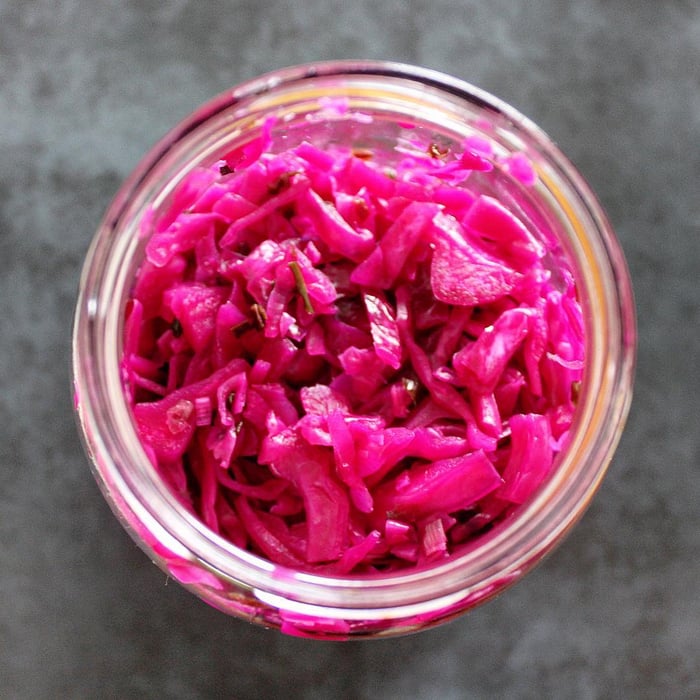Fermented foods have been part of diets across many cultures for centuries as an effective form of food preservation.
Fermented AKA probiotic foods are made through a process called fermentation, where natural bacteria or yeast break down sugars and starches in the food. This process creates beneficial probiotics, which are live microorganisms that support gut health and the immune system.
Probiotics from fermented foods have been shown to:
- Aid digestion and may reduce symptoms of irritable bowel syndrome (IBS)
- Enhance immune function and reduce inflammation
- Support mental health via the gut-brain axis
- Maintain a balanced gut microbiome, essential for overall health
Examples of Fermented Foods:
- Yoghurt - check that it contains live cultures / bacteria
- Kefir - look for dairy or coconut kefir
- Sauerkraut
- Kimchi
- Miso
- Tempeh
- Kombucha
Top Tip 1: Always choose unpasteurised fermented foods to ensure they contain the live beneficial bacteria. For example, the sauerkraut you find in the fridge section should be live (sometimes fizzing!) whereas the sauerkraut found on the shelf will have been pasteurised and therefore no longer contain the beneficial bacteria.
Top Tip 2:
It is very easy to make your own sauerkraut at a fraction of the cost of store bought. All you need is a cabbage, some salt, a big bowl and a clean jar - check online for easy methods.

